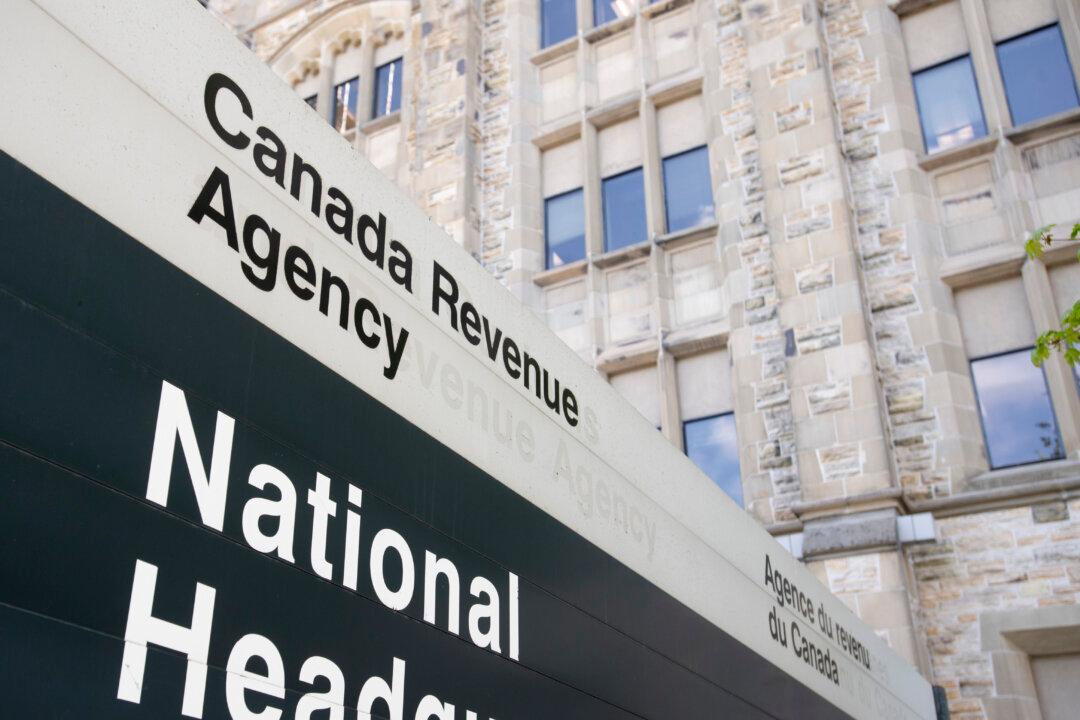Men are more likely to file their taxes using off-the-shelf software while women tend to be more concerned about making filing mistakes, and as a result are more likely seek out professional help, says a study by the Canada Revenue Agency (CRA).
“Women are more likely to believe paying for programs and services for people living in Canada is a benefit of filing taxes while men are more likely to believe the benefit is following the rules because everyone should pay taxes,” said the study “Communicating With Youth About Taxes,” obtained by Blacklock’s Reporter.





